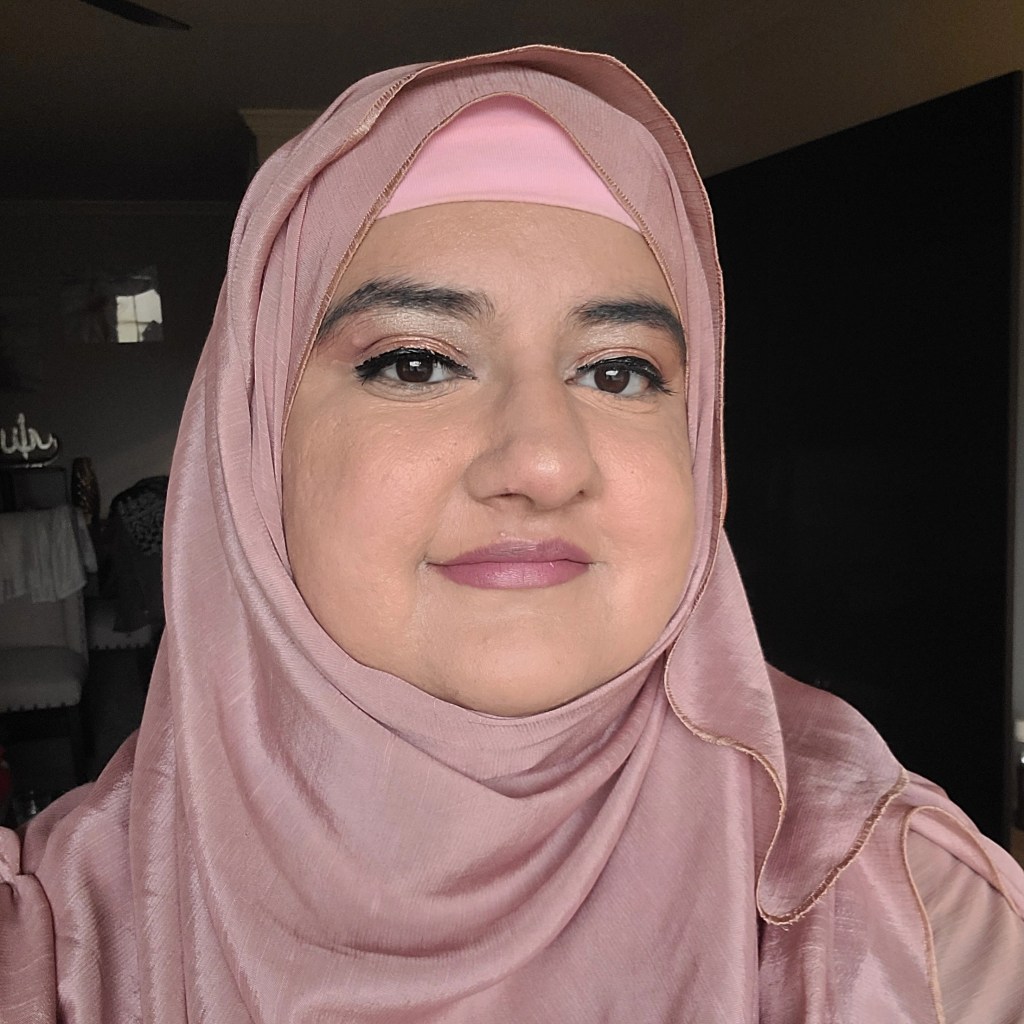I’m a certified transformational life coach and writer who works with you to help you get unstuck and unlock your dreams.

A goal not written is only a wish. I believe you can write your way to the life you want.
By working with me, you will save years of disappointment and frustration from your life. You will arrive at where you want to be in life with clarity, purpose and efficiency. The Iqra Writes Coaching formula makes you an active participant in designing your future.
Book your free one on one discovery call with me using the form below. The discovery call is the place to discuss what you want to work on as well as to see whether we are a good fit for each other.
What are you waiting for? Your dreams are calling!
